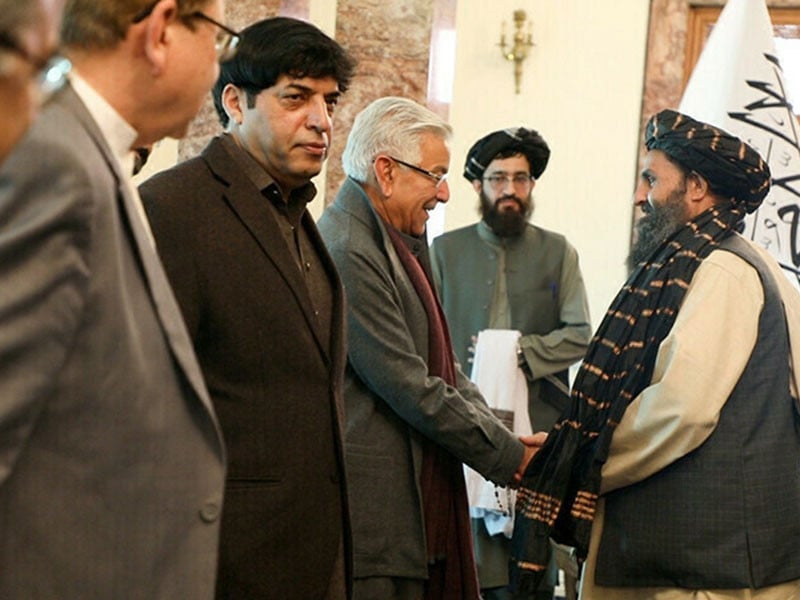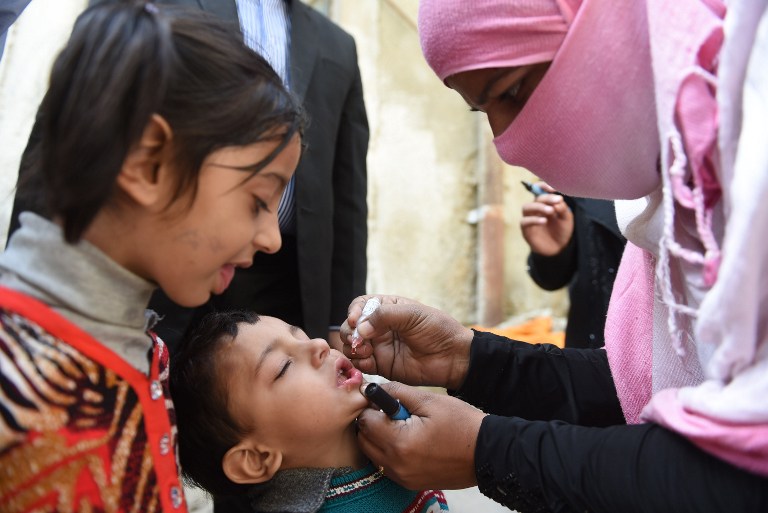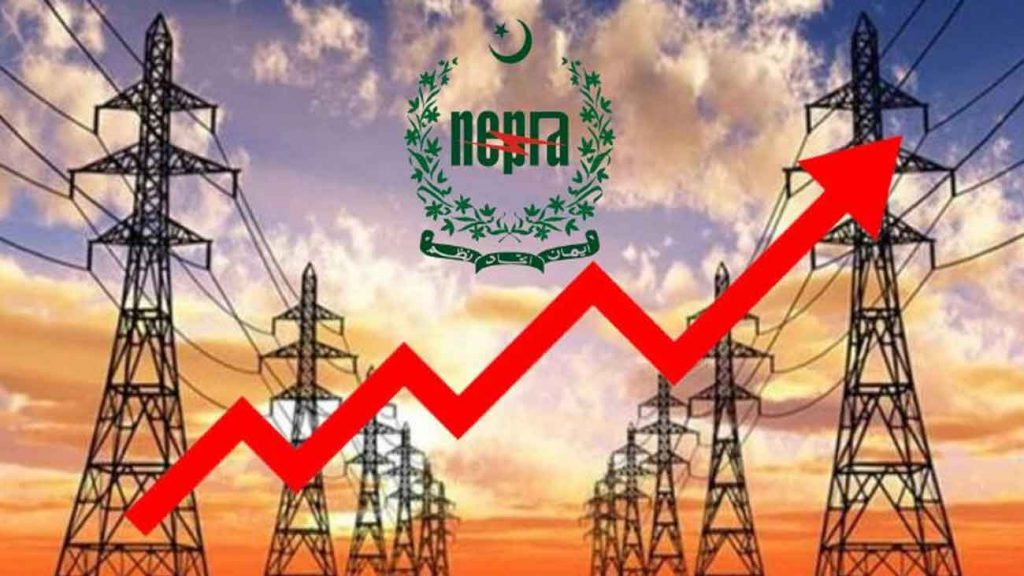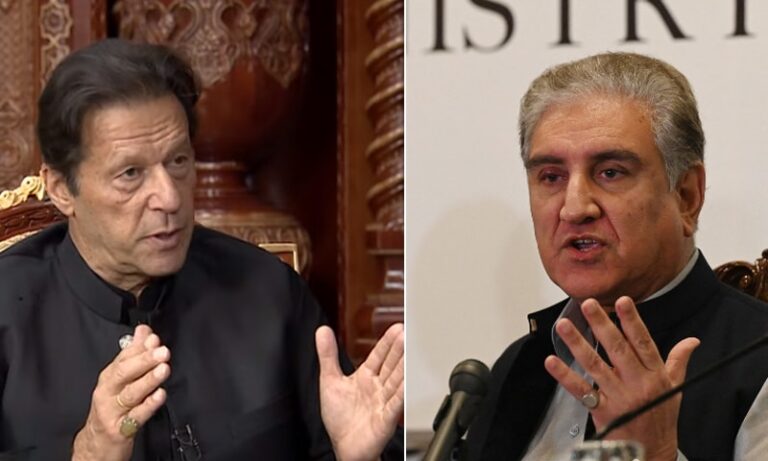EDITORIAL
International Day for Happiness and Modern Man
Happiness is the poetic justice for humans or their existence. It is an antidote for human life. Almost all human activities revolve around the concept of happiness. It is also vital for human health and mental ecstasy. Nearly all states and societies comprehend the development of a happy culture. Therefore, United Nations has also taken it as an essential issue and declared 20 March an international day for happiness.
It’s a day to be happy, of course! Since 2013, the United Nations has celebrated the International Day of Happiness to recognize the importance of happiness in people’s lives worldwide.
Happiness is a fundamental human goal. The United Nations General Assembly recognizes this goal and calls for “a more inclusive, equitable and balanced approach to economic growth that promotes the happiness and well-being of all peoples.”
In 2015, the UN launched the 17 Sustainable Development Goals, which seek to end poverty, reduce inequality, and protect our planet – three key aspects that lead to well-being and happiness.
The United Nations invites every one of any age, plus every classroom, business and government, to join in celebrating the International Day of Happiness.
The General Assembly of the United Nations, in its resolution 66/281 of 12 July 2012, proclaimed 20 March the International Day of Happiness, recognizing the relevance of happiness and well-being as universal goals and aspirations in the lives of human beings around the world and the importance of their recognition in public policy objectives. It also recognized the need for a more inclusive, equitable and balanced approach to economic growth that promotes sustainable development, poverty eradication, happiness and the well-being of all peoples.
Bhutan initiated the resolution, recognizing the value of national happiness over national income since the early 1970s and famously adopted the goal of Gross National Happiness over Gross National Product. It also hosted a High-Level Meeting on “Happiness and Well-Being: Defining a New Economic Paradigm” during the sixty-sixth session of the General Assembly.
Why is happiness essential for humans? Happiness is the end, and all other activities are the means to acquire it. Happiness is bliss and a divine blessing. It is a physical and emotional expression that soothes one’s body and soul. Hence, the feelings are corporal and soulful manifestations. Then, happiness is subjective also; although there are specific unified emotional perceptions, it is primarily an individual’s pursuit in one’s way. Despite inherently being a unique phenomenon, the emotion of happiness is also a collective proposition. Communities and societies also feel collective happiness when mutual interests and success are accomplished.
Happiness is a relative term, thus, has subjective and objective interpretations. Contentment and aesthetical pleasure are also essential. Many people attribute positive people to living happily. Individuality is also important. Then, significantly, providing poetic justice to one’s personality is the hallmark of happiness. A man has certain emotional, aesthetic and principles positions; therefore, living a life of emotions is compulsory. Leading a life against physical and emotional inclinations is the primary reason for becoming unhappy. According to many social scientists, leading a righteous life is also essential for happiness.
Pakistan needs happiness. Therefore, social and state organizations must function. An economically prosperous Pakistan can ensure a better nation. Then, the rule of law and justice is also directly related to happiness. A peaceful society and state make people happier. Therefore, Pakistanis need a stable state to lead happy individual and collective life. Lastly, happiness is an end, and it is essential to find all means to achieve the end of happiness.https://republicpolicy.com/the-conquest-of-happiness-and-application-in-modern-times/

















































